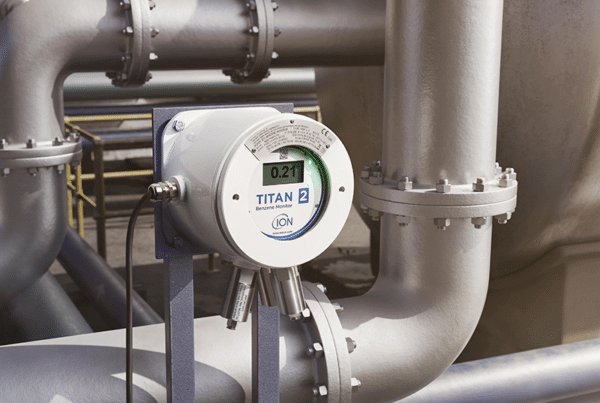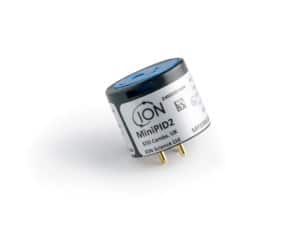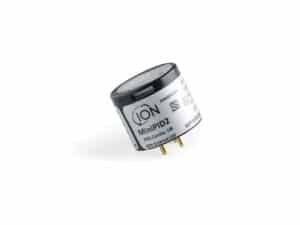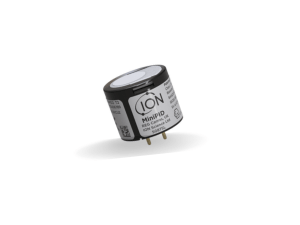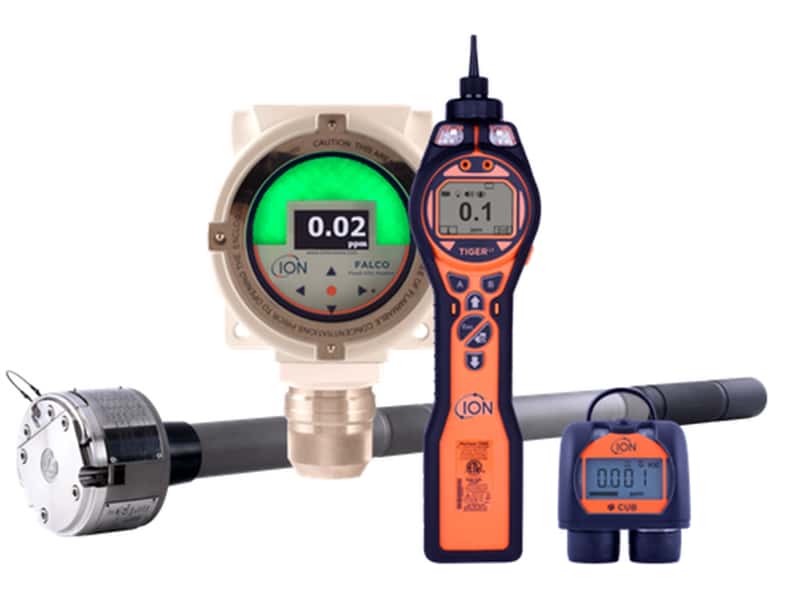
Fixed, personal or portable monitoring for benzene detection?
Applications for PIDs include:-
- fixed systems for the area or fenceline monitoring of fugitive emissions
- portable instruments for confined space entry checks or leak detection & repair
- personal instruments, to alert a worker to a concentration above the regulatory OEL
Fixed systems
- be benzene specific i.e. require no calibration correction factor
- have real or near-real time continuous monitoring with industry standard 4-20mA and/or MODBUS outputs
- require no operator intervention during normal use
Portable
- have specific benzene mode and pre-filter tube capability perfect for portable monitoring for benzene
- have high resolution of 1 ppb to cope with the legislative trend i.e. towards an OEL of 0.1ppm and in some cases lower
- have a long battery life capable of two 12-hour shifts to maximise data capture to minimise system downtime
Personal
- be small and lightweight so as not to burden the wearer (the personal PID is having to ‘compete’ for space alongside gas and radiation detectors, portable radios and other monitoring instrumentation such as noise dosimeters and dust sampling heads/pumps)
- have a high resolution of say 10 ppb for compliance purposes
- have a high range of 5000 ppm to accommodate the high levels experienced during plant turnaround
- be capable of 1 second logging of actual exposure for later download and analysis which would highlight areas of concern and help identify where fixed systems could be situated
About ION Science
We are the largest manufacturer of photoionisation detection (PID) sensors with our technology trusted by major gas detection manufacturers around the globe. As well as sensors, we manufacture a range of leading handheld, personal and fixed PID detection instruments for the fast, accurate detection of volatile organic compounds (VOCs). Additional to our PID range are our gas leak detectors, SF6 leak detectors, and portable mercury detectors.



